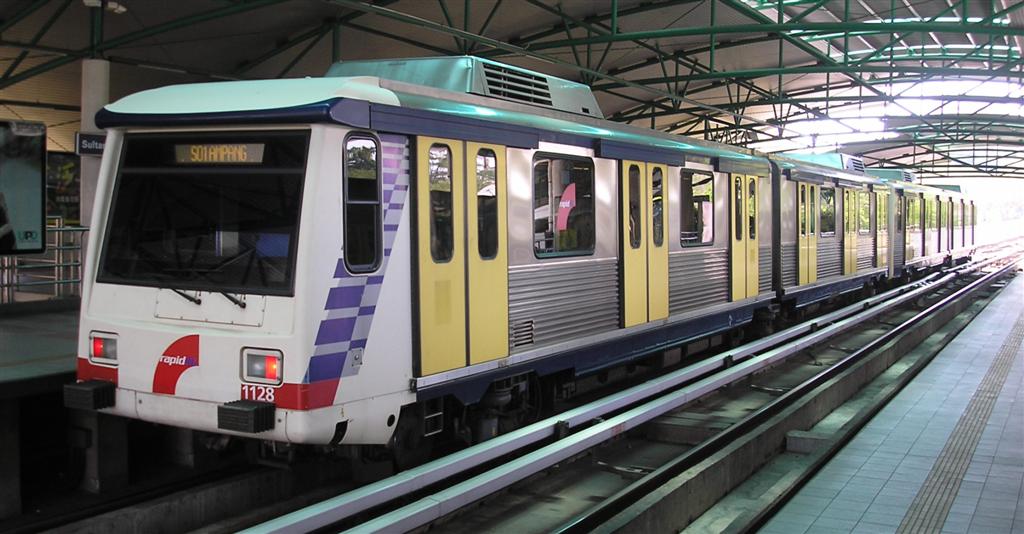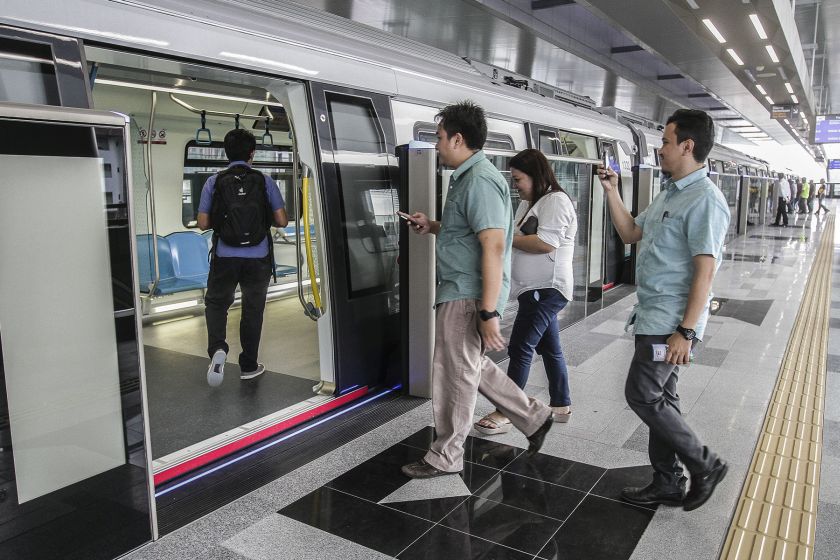Study: KL Has One Of The World's Least Reliable Public Transportation Systems
Kuala Lumpur ranked #95 out of 100 cities observed in the Sustainable Cities Mobility Index.
Kuala Lumpur has a lot to catch up on when it comes to the efficiency and reliability of the city's public transportation system, having ranked #95 out of 100 cities in a recent study on sustainable urban mobility
The overall index places Hong Kong in the top spot with two other Asian cities ranked in the top 10 - Seoul at #4 and Singapore at #8. The study cites the cities' "modern metro systems, large airports, and low usage of private vehicles" as factors that have boosted their rankings.
The Sustainable Cities Mobility Index 2017, published by environmental and engineering services company ARCADIS in partnership with research firm CEBR, sought to "evaluate the social and human implications of urban transport" in 100 cities around the world, including assessing the environmental impact of their mobility systems as well as the efficiency and reliability of a city's urban transport system.
The study is conducted based on three pillars - People, Planet, and Profit. Kuala Lumpur ranked #82 in the People sub-index, ahead of Hanoi (#92) and several American cities including San Diego, Dallas, and Detroit.
Focusing on a city's bus and metro networks, the People sub-index evaluates factors including the public transportation system's area coverage, reliability, hours of operation, and ultimately, how popular it is with residents of the city.
Kuala Lumpur's low ranking indicates that the transport system is still pretty patchy, hence many residents still opt to use private transport instead.
Like many Asian cities, Kuala Lumpur did not do so well in the Planet sub-index, placing in the bottom 10 at #92
The Planet sub-index evaluates the cities' levels of greenhouse gas emissions and air pollution, efforts to lower transport emissions, efforts to lower level of road congestion, and incentives for increasing green space covering the city.
While all top 10 spots were taken by European cities, many Asian cities - including Mumbai, New Delhi, Tianjin, and Beijing - have been found to emit high levels of pollution, hence hampering their scores. In fact, very few Asian cities have installed emission zones with the exception of Tokyo, who introduced the world's first low emissions zone.
Kuala Lumpur barely escaped the bottom 10 in the Profit sub-index, ranking #89 when it comes to the efficiency and reliability of mobility systems in facilitating the city's economic growth
One of the key metrics in the sub-index involve assessing the utilisation and affordability of the cities' public transport as well as the average commuting time, especially for those who live and work in the city.
More time spent commuting to and from work means a higher rate of lost economic productivity. This could explain why Kuala Lumpur ranked so low in the sub-index, as a 2015 study indicated that residents in greater KL spend 250 million hours a year stuck in traffic.
However, the study suggested that Kuala Lumpur may be able to improve its rankings over the coming years as it is an emerging city that is still working towards its goal of becoming a world-class metropolis by 2020
"With all the challenges of an emerging city, KL recognises the need for sustainable mobility. The creation of a pedestrian-friendly environment, an efficient public transport system, and a number of large infrastructure projects will improve the city’s rankings over the coming years," the study stated.
The Klang Valley Mass Rapid Transit (MRT), covering more than 141km of rail track, will connect the existing KTM (metro), Light Rail Transit (LRT), and monorail lines. The first line (Sungai Buloh-Kajang) is now open, with another two to follow. The government predicts that 400,000 people will use Line 1 every day, taking around 160,000 cars off the road, easing the city’s considerable congestion problem."




